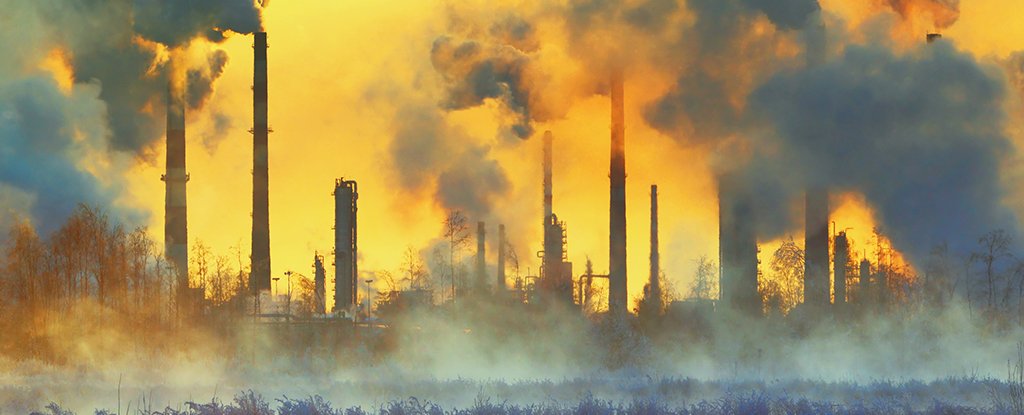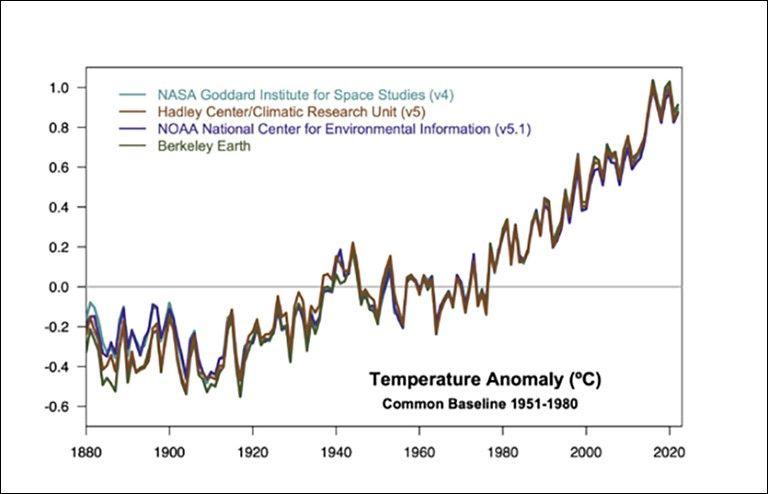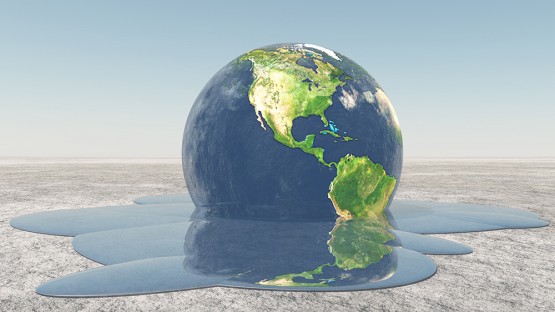No.
I am saying that when the pundits claim 97%+ of the scientists say the effect is 50% or greater, they are lying. The category 1 for that claim is only 1.6%.
To begin with, I don't think it's fair for you to denigrate Cook or portray Cook's abstract as misleading. Cook's abstract clearly, accurately described his survey's goals, methods, and results. Cook did not quantify the qualitative results of the survey. So, I don't think you should apply your criticism of "pundits," in general, to Cook's abstract.
With respect to your main point that the conversion of the qualitative information found in this survey into statements similar to the effect of "97% of scientists agree that the human contribution to global warming is 50% or greater" is misleading or false, I don't agree. I actually think it's a fair and reasonable restatement of the survey results with respect to communicating the survey results to the general public.
Look at how implicit endorsement is described on Page 3:
Category 3 - Implicit endorsement
Description: "Implies humans are causing global warming. E.g., research assumes greenhouse gas emissions cause warming without explicitly stating humans are the cause"
Example: "... carbon sequestration in soil is important for mitigating global climate change"
It just doesn't make much sense to sequester carbon if you don't think Humans contribute more than 50% to global warming. That's why Cook would put this sort of study into Category 3.
Let me give you some of my own examples through a Google search of the literature:
1. "The prediction of future temperature increases depends critically on the projections of future greenhouse gas emissions."
This statement makes logical sense only if anthropogenic greenhouse gas emissions are the main drivers of future warming.
The prediction of future temperature increases depends critically on the projections of future greenhouse gas emissions. Yet there is a vigorous debate about how these projections should be undertaken

ideas.repec.org
2. "In this paper, we assess the CO2 emissions requirements for global temperature stabilization within the next several centuries..."
The focus on stabilizing the climate via CO2 emissions presumes that human caused CO2 is the key destabilizing factor.
These would be the kinds of studies Cook would have put in the category.
Furthermore, the people who disagreed with the idea that humans were causing global warming were put into the following categories:
- Implicitly minimizes/rejects AGW (Category 5)
- Explicitly minimizes/rejects AGW but does not quantify (Category 6)
- Explicitly minimizes/rejects AGW as less than 50% (Category 7)
The term Anthropogenic Global Warming itself implies that humans are the main driver of observed warming, and I would argue that is the commonly accepted definition.
Also, remember, everyone was invited to rate their own paper and assign the categories as they wish. Something like 10% of all authors responded to the second survey rating their own paper. Authors who disagreed with that premise were not lumped into the consensus, they were explicitly categorized as minimizing or rejecting AGW (categories 5, 6, and 7) , and this included those who believed the human contribution was less than 50%.
This is why the idea that "97% of scientists believe the human contribution to global warming is 50% or greater" figure is not a misleading restatement of Cook's survey results.
--
And the general idea that scientists agree humans are causing global warming isn't just based on this one study by Cook. It is backed up by other things as well. Other surveys of climate scientists show similar results, such as those who publish regularly overwhelmingly agree that humans are the main cause, other reviews of the literature similar to Cook's surveys find overwhelming support for AGW. Major scientific organizations like NASA and the National Academy of Sciences also say the same thing.
And, most importantly, the science is very clear, and where you see most disagreement, it comes from people on the periphery of climate science or those with ties to the fossil fuel industry. As an example, while a meteorologist has significant scientific training and practical experience, I would not necessarily hold their opinion in as great esteem as an actively publishing climate scientist. Also, with respect to engineers, petroleum geologists, geophysicists, or atmospheric scientists employed or attached in some way to the fossil fuel industry their views should be treated with greater skepticism, because their incentives and worldview are often shaped by the same industry causing the problem, so of course they will be biased against the idea they are causing the environment great harm!









